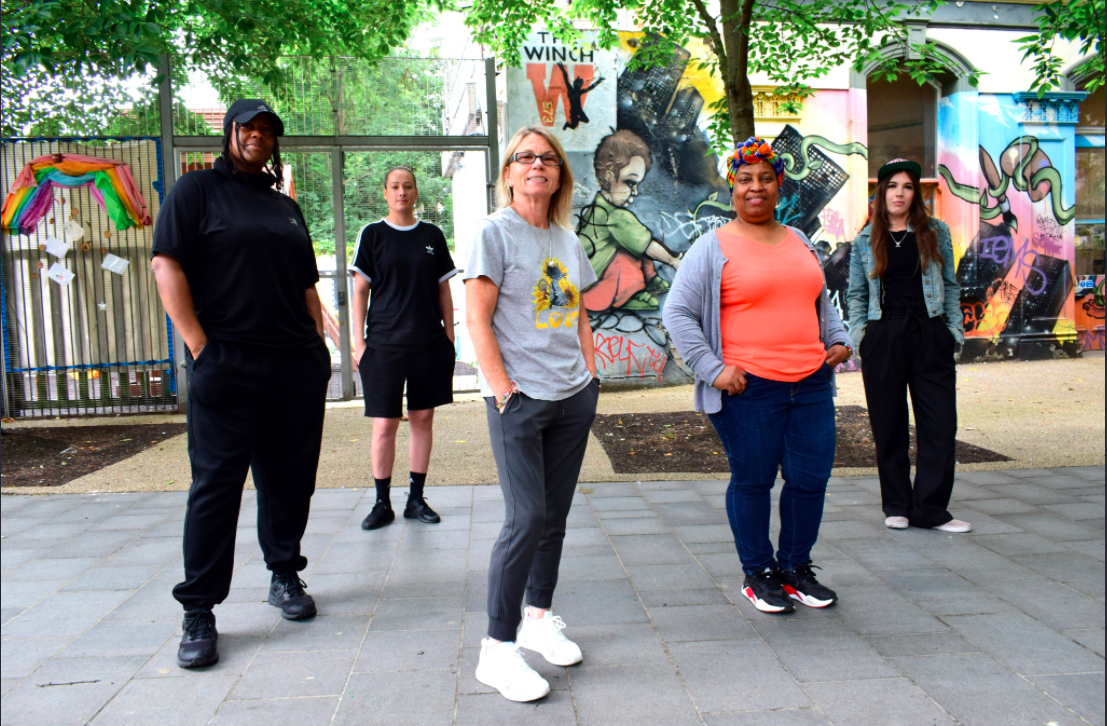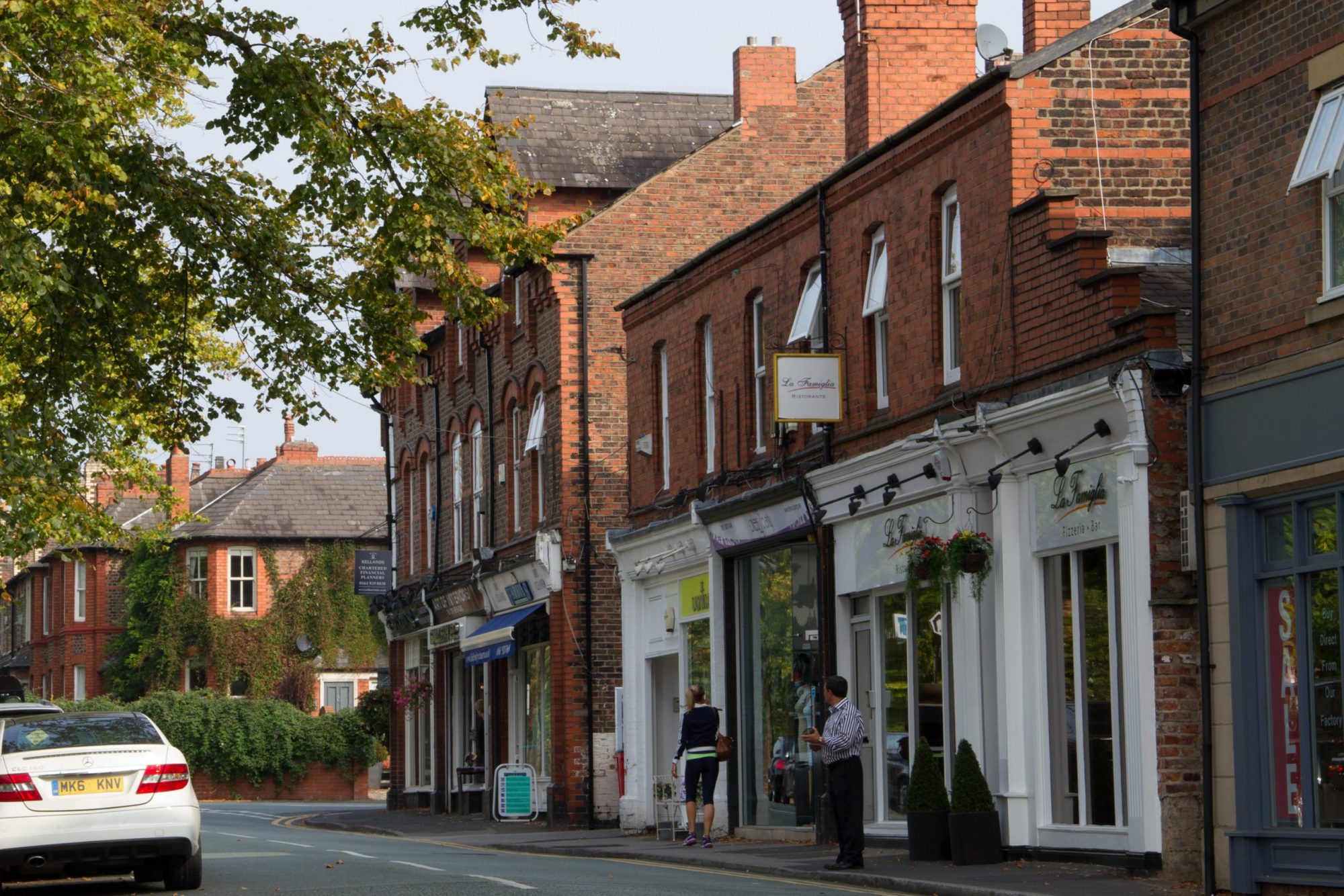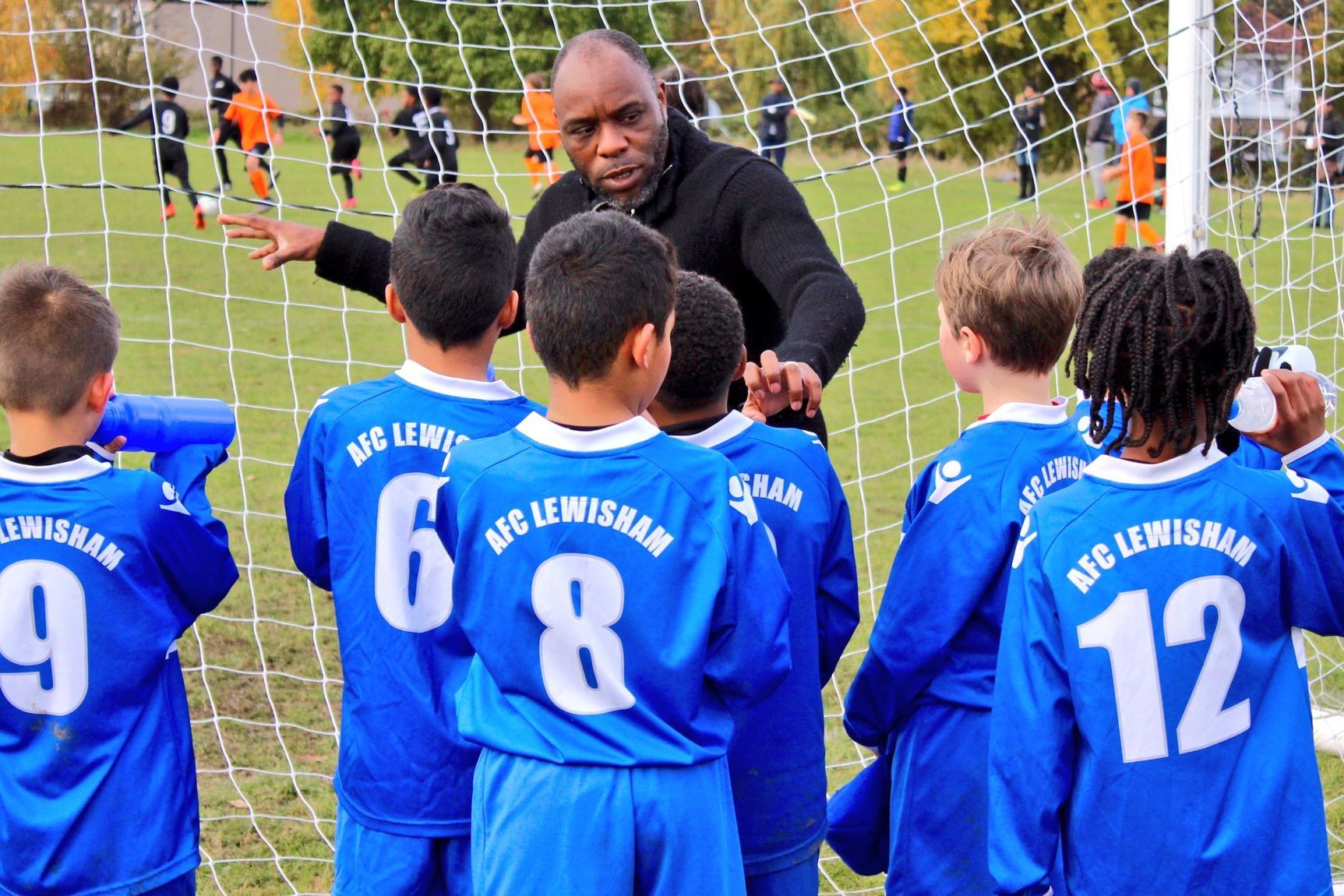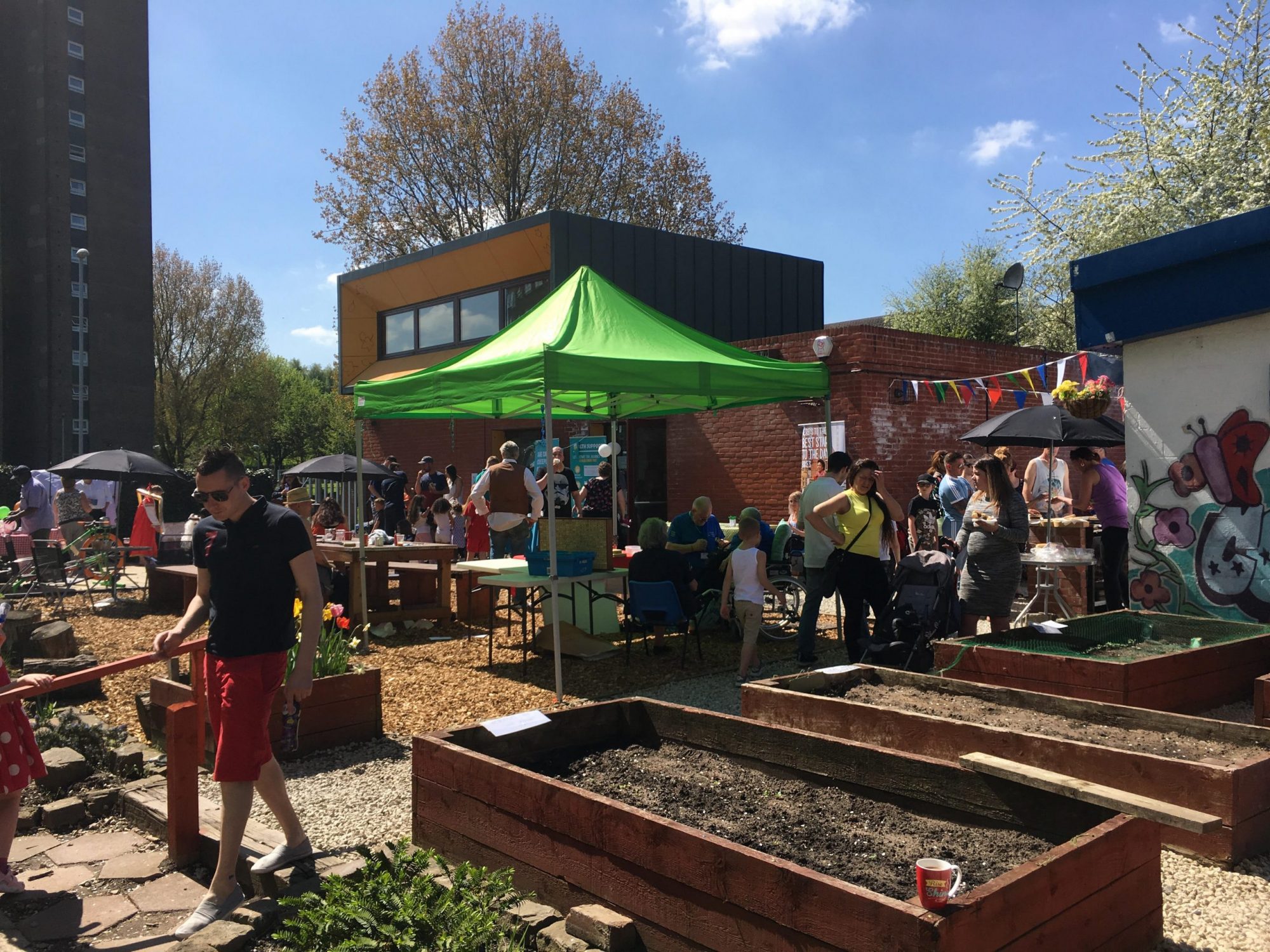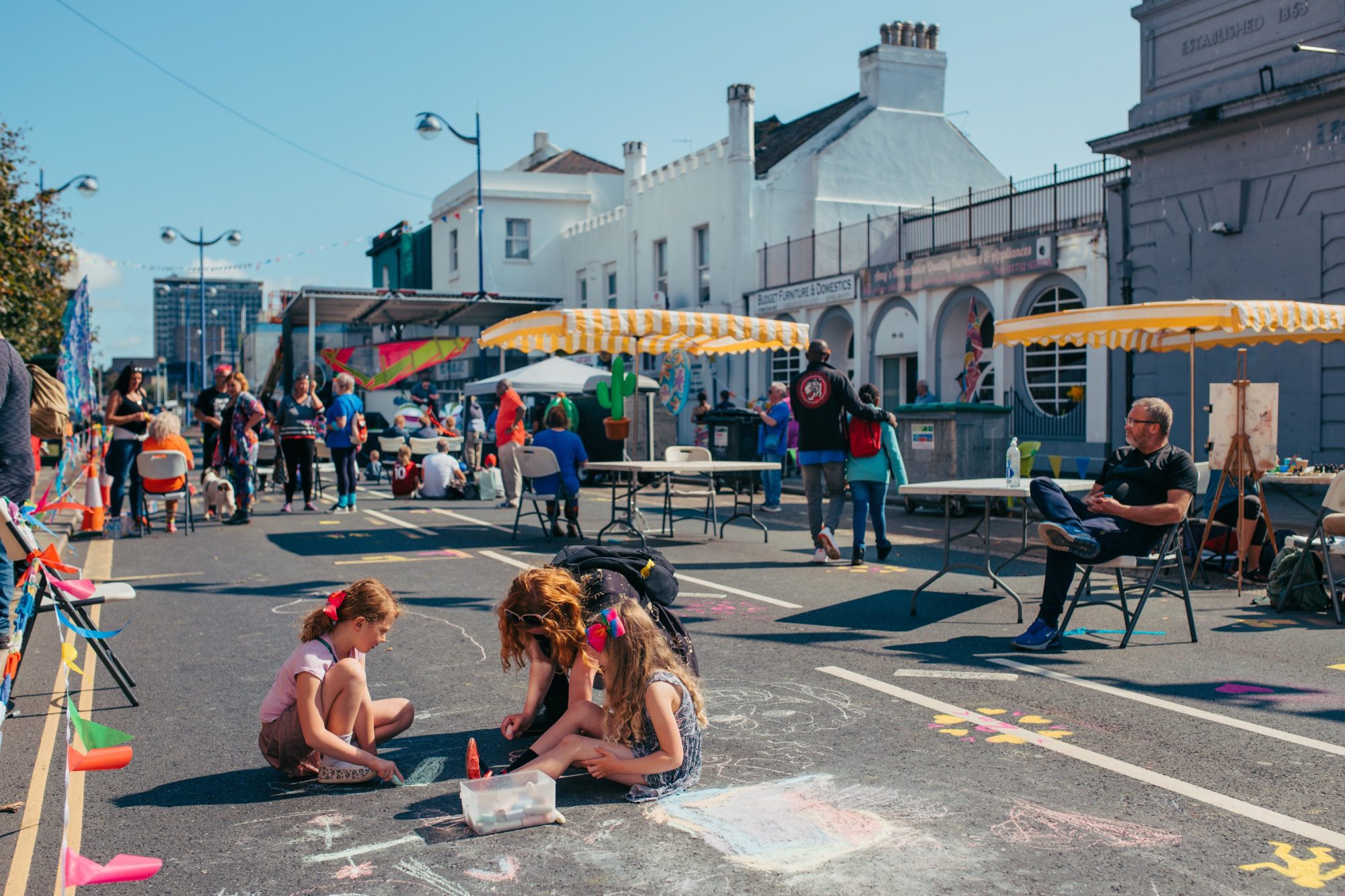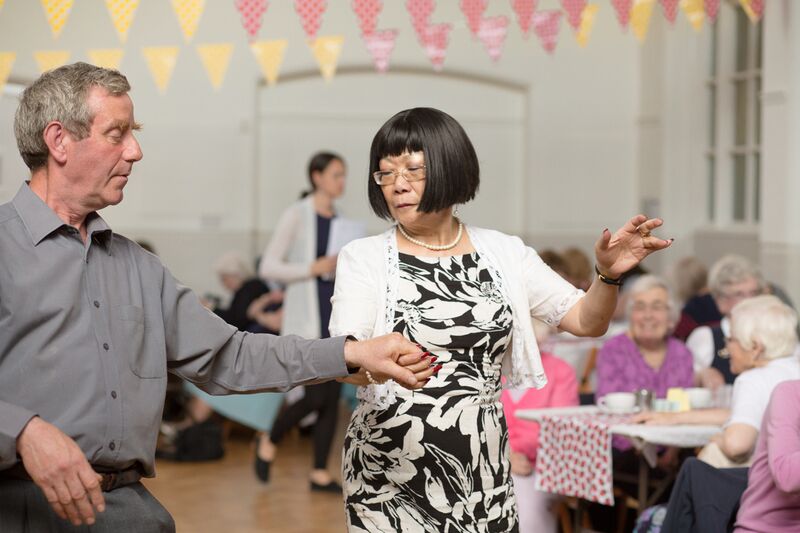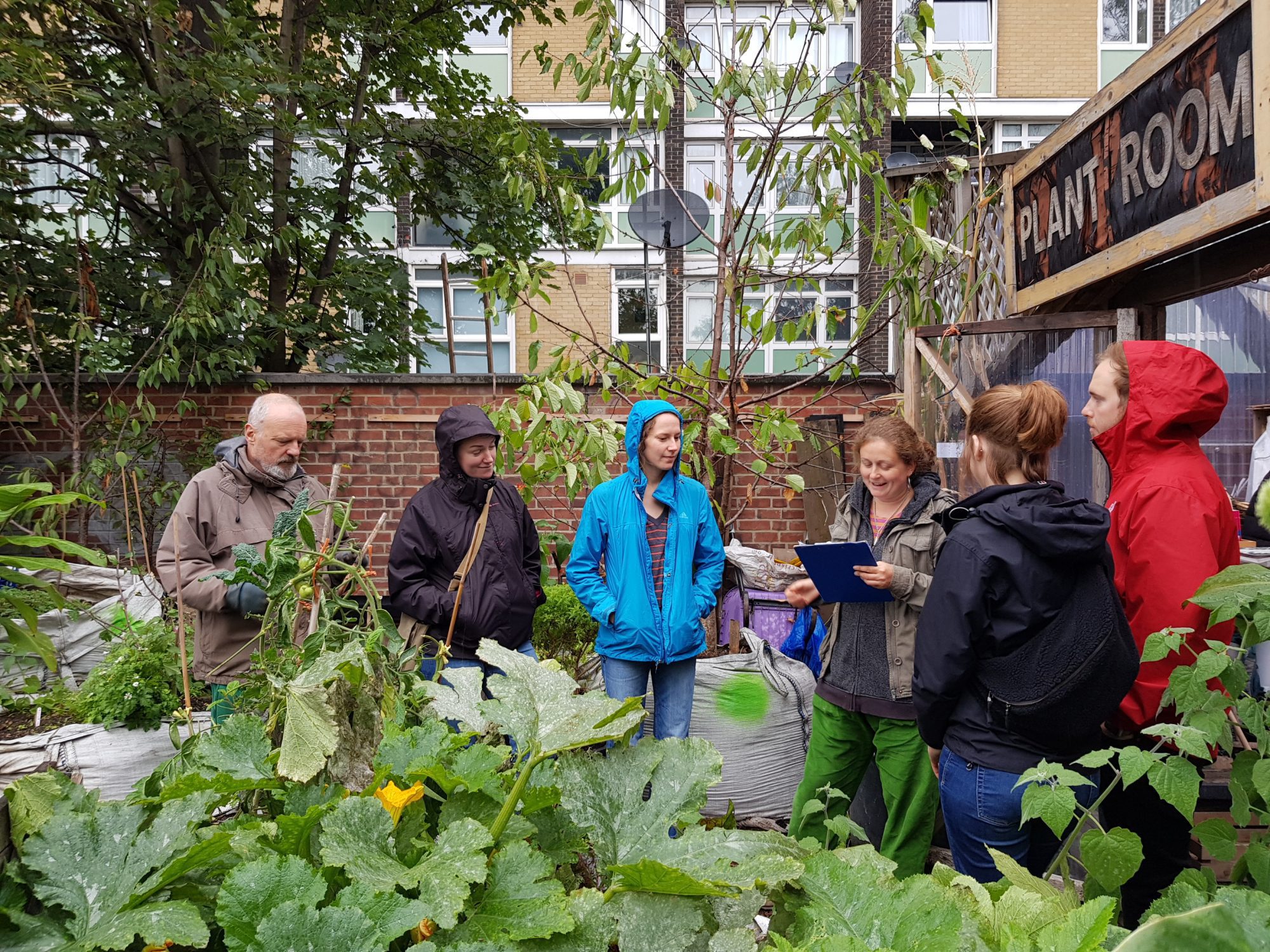“It’s about trying to create neighbourhoods in which we can all thrive. And at the centre of that is young people.” Rashid Iqbal is CEO of The Winch, a youth centre and community-building enterprise in North Camden. Once a derelict pub called The Winchester Arms, the building was squatted and repurposed by local residents and became a community centre in 1973.
The Winch supports children and young adults, offering a safe space to spend time in, with activities to nurture their passions, explore their identities, and grow their skills. They also have groups for parents to connect with each other, get the support they need, and to learn new things together. The Winch also runs the North Camden Zone, an initiative that brings residents together to realise their visions for change in their neighbourhoods, as well as managing Belsize Community Library, which they took over from Camden Council in 2012.
“We work with children and young people aged from cradle to adulthood. We build long term relationships with families and young people and we can be there at times of conflict or crisis but also times of happiness. We work with the community because in order to support children to thrive, we also need to influence the wider ecosystem which those children live in to effect more long-term systemic change.” Rashid says.
In an area where many families suffer from material disadvantages, social injustice, and in some cases, intergenerational trauma, The Winch seeks to provide safety, abundance, opportunity, and most of all, a sense of belonging. It’s entirely community-focused and community-led, with programmes and provisions devised around what young people, parents and local residents say they want.
For the younger children, there’s afterschool clubs and holiday programmes where kids can do things like arts, crafts, music, cooking or sports that they might not normally get the chance to do. Teenagers can also come in after school or over the holidays, just to hang out, play games, or to make music or art. But here they can also change the world, and themselves, in ways they find meaningful.
Rashid explains: “We have a project on our local estates where young people are redoing a mural. They’ve done training on the history of graffiti, how it looks in different countries to reflect the young people’s cultural backgrounds, how it’s evolved as an art form. Then the young people will commission a mural artist to put a mural on their local estate that they have helped design and create.”
“It’s about trying to improve our local environment, making sure that young people’s perspectives are included. Young people are often seen to be intruders, they aren’t welcome, just hanging out is seen to be anti-social behaviour. It’s about trying to encourage residents to see that young people have something positive to offer and that they live here too.”
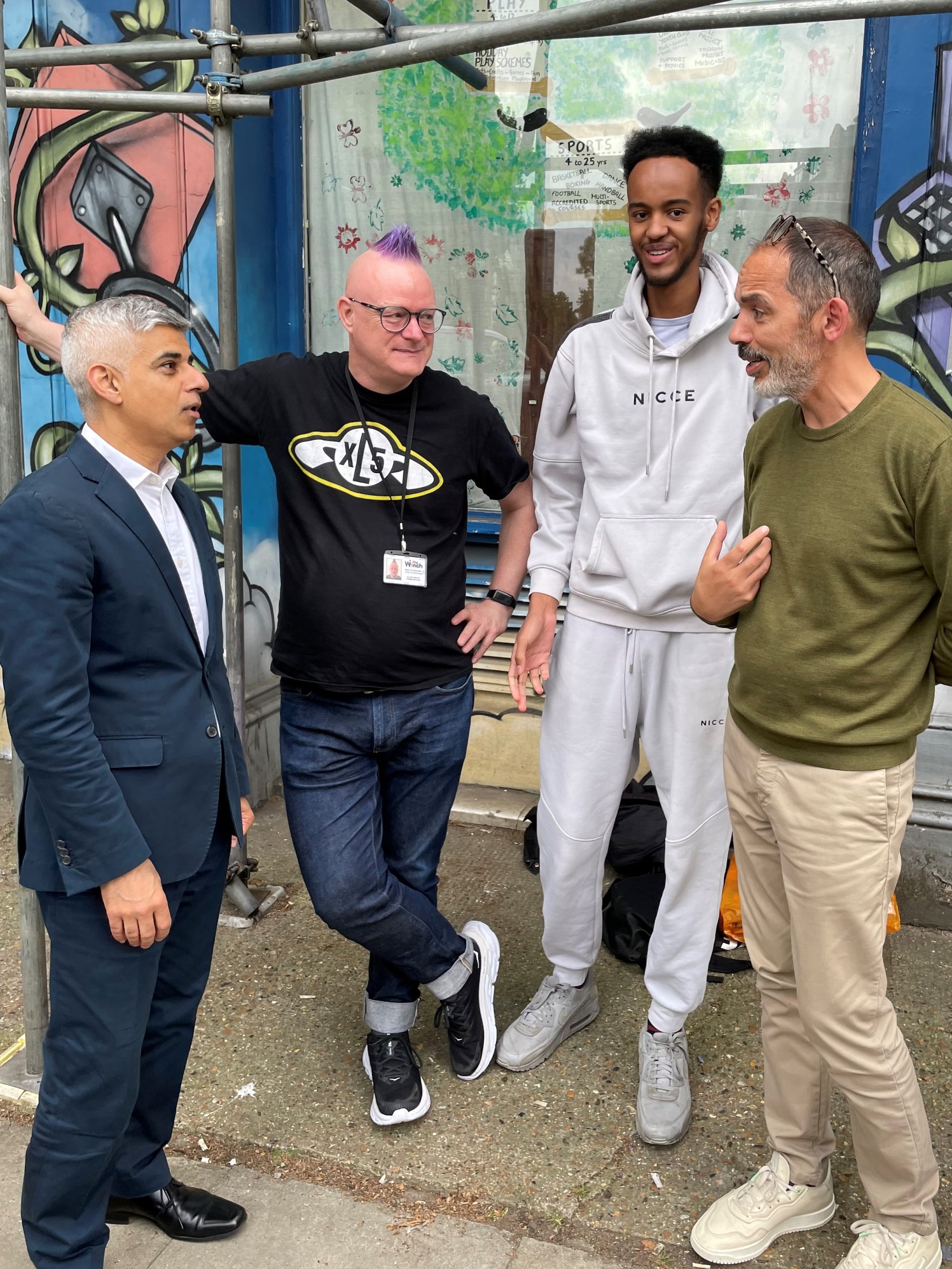
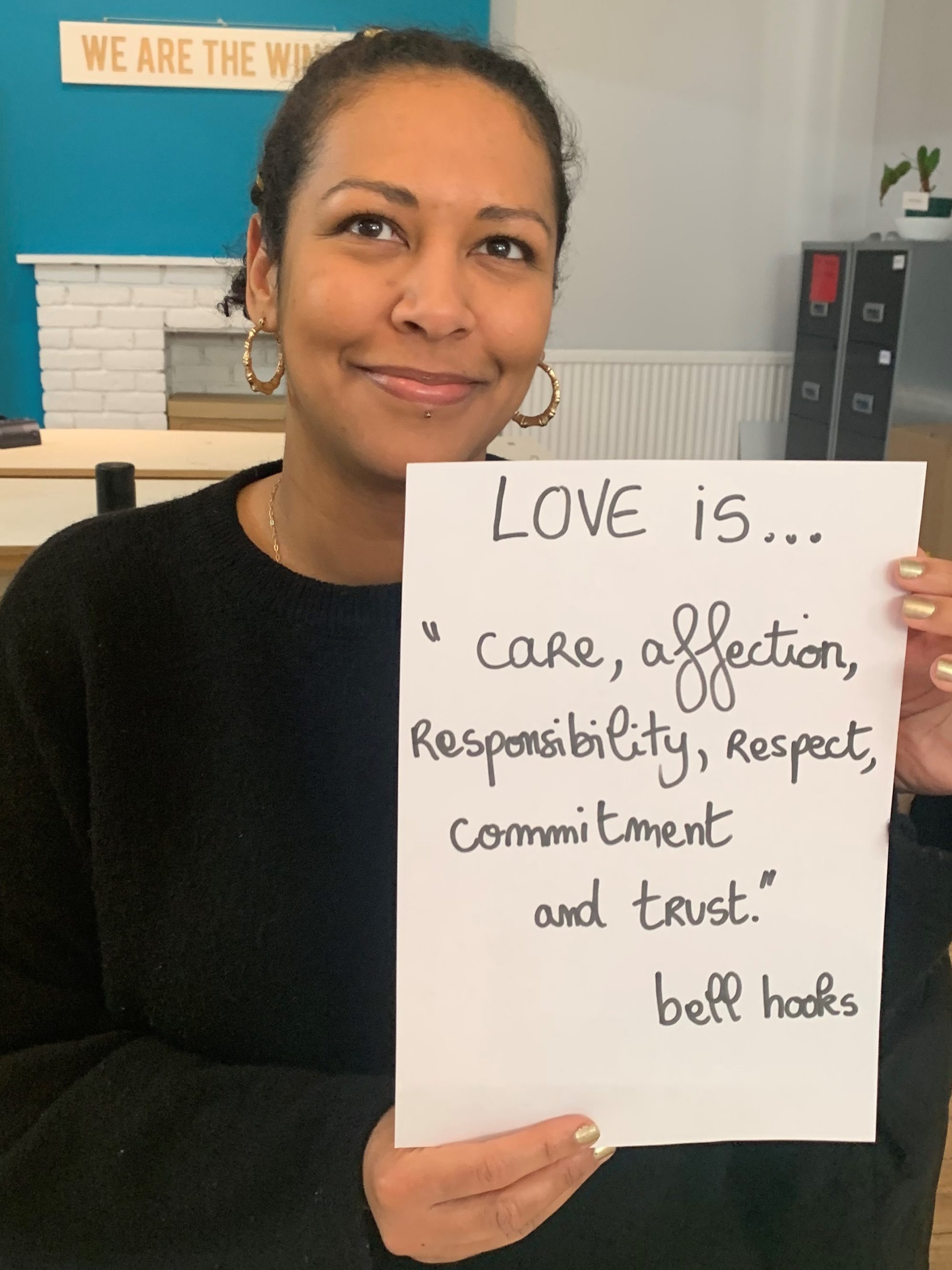
North Camden Zone is another initiative run by the Winch to amplify local peoples’ voices, realise their ideas, and champion them to change wider systems. Rashid explains: “It’s about trying to make Camden a great place to live and grow up in. We employ a team of community organisers living on three of our local estates. On Chalcots, we interviewed around 200- 300 0f the residents and they created a manifesto. We created a Chalcots bank, populated by Chalcots residents, put The Winch’s money into that and then they microfinanced activity that residents felt would make the estate a better place to live on.”
Belsize Library is also managed by ‘The Winch’. “Our local library was due to be closed by the local authority ten years ago and we stepped in to run it as a community venture. It’s a free space, without stigma, where people can come in and spend time, get to know each other, and we can do work to improve children’s literacy and improve local connection. We also hire that out as part of our enterprise side to local partners.”
The Winch participated in the first round of Power to Change’s Powering Up programme in 2020. The programme supports organisations moving from an emergency mindset into long term planning. This organisation was unique among their cohort as they chose to spend the entirety of their grant on coaching for their staff. “I was really drawn to the fact that the coaching was available, that’s why I was attracted to Power to Change. Someone was giving us the gift of space and thinking time.” says Rashid.
“We create spaces where we can take a breath, and ask ourselves ‘What is going on? How is poverty showing up in our work? How is inequality showing up in our work? How do we distinguish, for example, between the domestic violence that our mums are experiencing and the experiences of the children we are working with, and what should we do as a result?’ We’re using coaching to create individual thinking time and using coaching methodologies to create collective thinking spaces so that we’re not just reacting to problems. We’re putting in place an infrastructure that will help us transition and adapt more strategically to solve problems for the future.”
